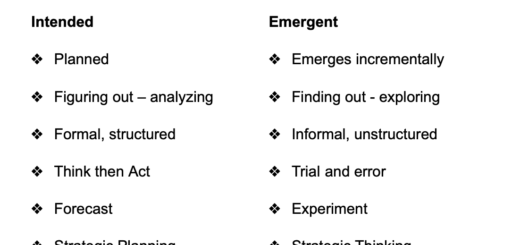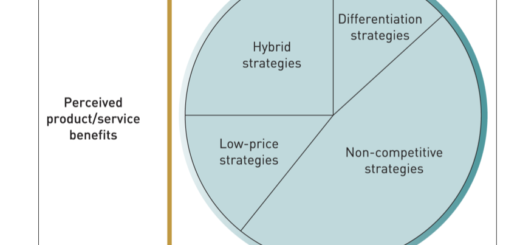Types of Pension Schemes
Pension schemes are a type of non-pay financial benefit offered by employers to help employees save for retirement. These schemes may be funded by the employer, the employee, or a combination of both. The two main types of pension schemes are defined benefit and defined contribution schemes.
- Defined benefit schemes: In a defined benefit scheme, the employer promises to pay a specific benefit to the employee upon retirement, based on factors such as their salary and years of service. The employer is responsible for funding the scheme and assumes the investment risk.
- Defined contribution schemes: In a defined contribution scheme, the employee and/or employer contribute a set amount to a pension account, which is then invested in various assets. The employee assumes the investment risk and the ultimate benefit is based on the performance of the investments.
Pension schemes can provide a number of benefits to employees, including:
- Retirement income: Pension schemes help employees save for retirement and provide them with a source of income during their retirement years.
- Tax advantages: Pension contributions may be tax-deductible and the investment earnings within the scheme are generally tax-free.
- Employer contributions: Employers may contribute to the pension scheme, which can help employees save more for retirement.
- Portability: Employees may be able to take their pension benefits with them if they leave their employer.
Overall, pension schemes can be an important component of an employee’s overall compensation package, helping to provide financial security and peace of mind during retirement.




1 Response
[…] Pension schemes: Employers may offer various pension schemes, such as defined benefit or defined contribution plans, to help employees save for retirement. […]